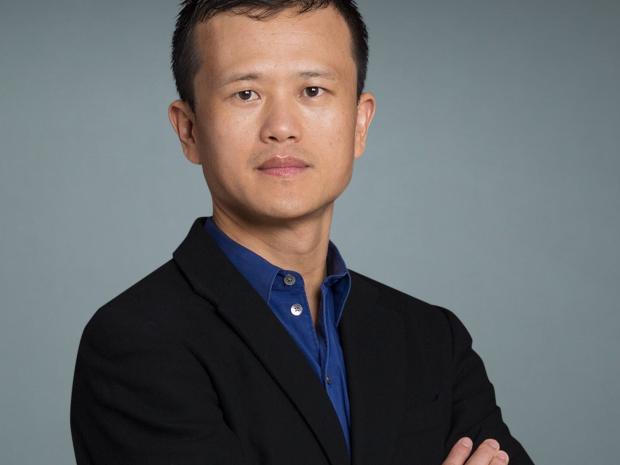A Promising Tale: Machine Learning for Neuroscience

Speaker
Zhe Sage Chen
New York University, Grossman School of Medicine
Title
"A Promising Tale: Machine Learning for Neuroscience"
Abstract
Advances in neurotechnology has allowed us to access large-scale amounts of neural and behavioral data. Statistical challenges remain how to leverage these BigData for understanding healthy and pathological brains and their links to behaviors, varying from episodic memory, decision making, pain, to neurological/psychiatric disorders. Machine learning and AI have played an increasingly important role in this endeavor for basic and clinical neuroscience research, including developing biologically realistic neural circuits for experimental predictions, extracting neural representations from multi-brain regions, reading out neural codes in brain-machine interfaces (BMI), and EEG data augmentation for biomarker discovery. I will outline some research efforts and showcase a few recent projects in my lab, followed by open discussions on new challenges and future research opportunities.
About Speaker
Zhe Sage Chen is an associate professor (tenured) and principal investigator at New York University (NYU), with joint appointment at the Department of Psychiatry and Department of Neuroscience and Physiology at NYU Grossman School of Medicine, Department of Biomedical Engineering at NYU Tandon School of Engineering. He is the Founding Director of the CN^3 (Computational Neuroscience, Neuroengineering and Neuropsychiatry) Laboratory at NYU, and Director of the Computational Psychiatry program at NYU. The research in his lab covers a wide range of areas in computational neuroscience, neural engineering, machine learning, and brain-machine interfaces, studying fundamental research questions related to sleep and memory, nociception and pain, and cognitive control. His research and collaborative work has been published in high-impact journals such as Nature Biomedical Engineering, Science Translational Medicine, Neuron, Cell, Cell Reports, Nature Reviews Neuroscience, and Nature Communications. He is the lead author of the book Correlative Learning (Wiley, 2007) and the editor of books Advanced State Space Methods for Neural and Clinical Data (Cambridge University Press, 2015), Dynamic Neuroscience: Statistics, Modeling, and Control (Springer, 2018) and Memory and Sleep: A Computational Perspective (World Scientific, forthcoming). He has served in the editorial board and the role of associate editor for Neural Networks, Journal of Neural Engineering, Frontiers in Computational Neuroscience and IEEE Transactions on Neural Systems & Rehabilitation Engineering. He is the principal investigator for multiple research grants funded by the US National Science Foundation (NSF), National Institutes of Health (NIH), the BRAIN Initiatives, and the HEAL Initiatives.

